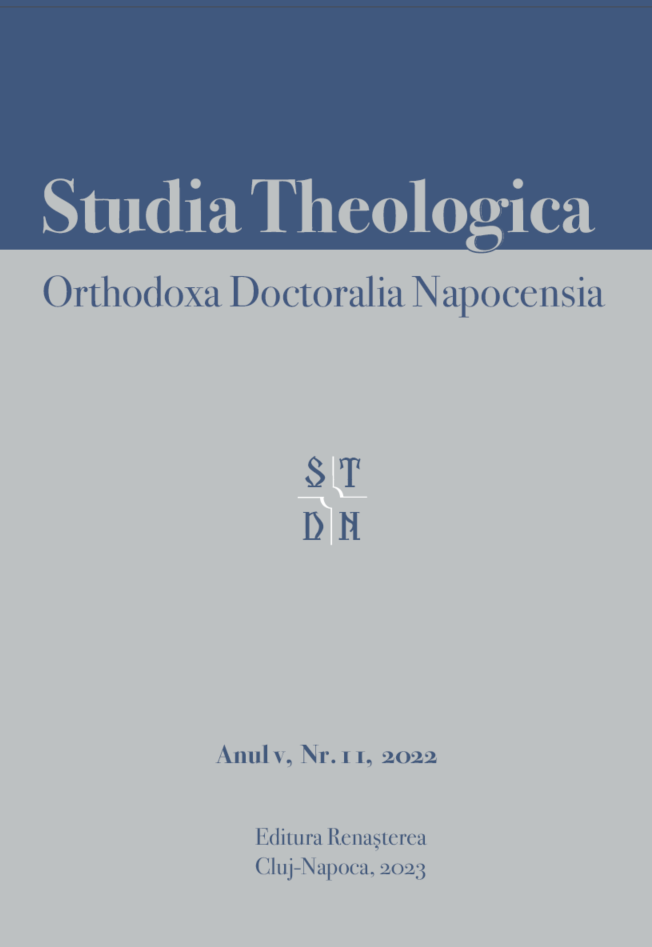Creștinismul lui Hitler. Discursul Dictatorului despre Biserică
Hitler's Christianity. The Dictator's Speech about the Church
Author(s): Claudiu Ionuţ BoiaSubject(s): Christian Theology and Religion, Theology and Religion, Politics and religion, WW II and following years (1940 - 1949)
Published by: EDITURA RENAȘTEREA
Keywords: Hitler; christianity; nazi persecution; Christian Churches;
Summary/Abstract: The substance of Adolf Hitler’s religious views - along with the relationship of Nazism and religion in general - has been controversial since Hitler appeared on Germany’s troubled political scene in the 1920s. Scholars have advanced conflicting opinions, arguing that Hitler was an atheist, a Christian of sorts, an occultist, or a neopaganist. Although confirmed as a Catholic, Hitler was by no means a conventional Christian. He rejected such things as the deity, resurrection, and miracles of Jesus; the Christian ethic of love; the possibility of a personal relationship with God; and any appeal to revelation. Hitler’s long-term goal was to abolish the Christian churches in Germany, but he opted for an incremental approach of control by increasing restrictions. In this, he was convinced that Christianity would „slowly fade away” as science rendered its teachings absurd. Indeed, Hitler’s Jesus was a „whip-wielding” Aryan who fought against „Jewish materialism.” And his St. Paul was a „sneaky first-century rabbi” who „corrupted the teachings of Jesus”. Admittedly, he tried to „palm himself off as a Christian when it suited his political purposes”. Yet his public professions of Christian faith masked his warped, so-called „positive Christianity,” which predictably was a religion of struggle and violence.
Journal: Studia Theologica Orthodoxa Doctoralia Napocensia
- Issue Year: 5/2022
- Issue No: 02
- Page Range: 216-226
- Page Count: 11
- Language: Romanian

